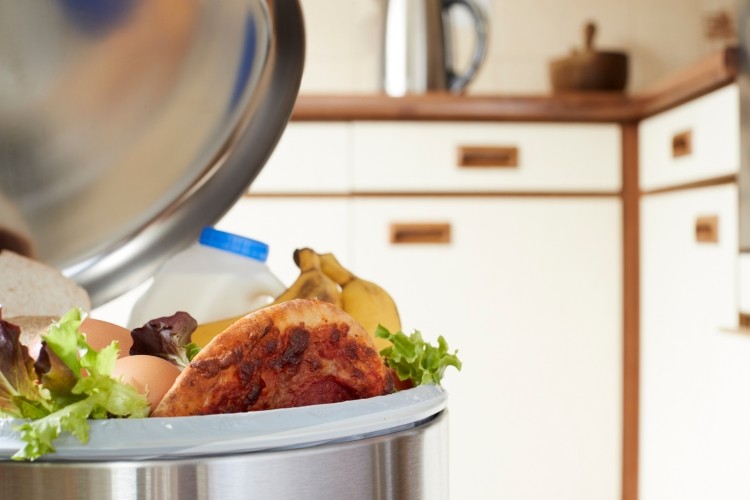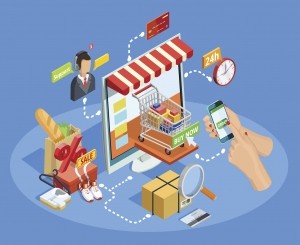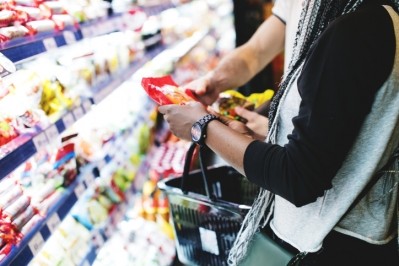Could e-Commerce boost food waste vs conventional retail?

Food waste is an increasingly important issue for both consumers and the food industry. An average family of four leaves more than two million calories, worth nearly $1500, uneaten each year, according to the USDA and EPA. Over 130 billion pounds of food is lost or wasted every year in the US, and that is mostly nutritious foods like fruits, vegetables, dairy and grains.
And the rise in online food grocery options may exacerbate the issue, according to a new paper published in the Journal of Retailing and Consumer Services by Dr Veronika Ilyuk an assistant professor of marketing and international business at Hofstra University.
“Specifically, in brick-and-mortar grocery settings, consumers put forth more energy and time into their purchases (e.g., hand-selecting and bagging produce)—or at least perceive to do so; in online settings, much of the effort related to product acquisition is transferred to another party—namely a store's employees,” explained Dr Ilyuk. “Though seemingly an unequivocal benefit of online purchases, this convenience (i.e., effort reduction) is shown to negatively affect both psychological ownership (manifested in assumption of responsibility for, and negative affect towards disposal of, a purchase) and an increasingly concerning consumer behavior: food waste.”
The rise and rise of eCommerce
Online grocery sales continue to grow at an incredible space. For example, Amazon’s US grocery sales were recently reported to have surged 93% year-on-year to $575m in the third quarter of 2017, according to e-commerce data firm One Click Retail.
“As more brand manufacturers focus on Amazon as a sales channel and Amazon continues to make big investments in consumables, such as the recent purchase of Whole Foods, there is little doubt that this rapid growth will continue,” said Nathan Rigby, VP of sales and marketing at One Click Retail.
While coffee and beverages remain the top sellers on Amazon’s platforms, Amazon Fresh – Amazon’s perishables play – generated $90m in sales in the US in Q3 2017, consistently growing at an average of 3% per week during the quarter. Sales of dairy, produce, and meat dominated in this space.
Dr Ilyuk’s new analysis suggests that online retailers should also consider the potential implications of their business models on consumer attitudes towards food waste. Dr Ilyuk provides empirical evidence of these effects based on a pretest and three experiments, which showed that online purchases drove lower effort perceptions, which reduced experiences of psychological ownership and, ultimately, made it psychologically easier for consumers to waste food.
“[O]ver time, consumers may become cognizant of their (excessive) food waste when making produce purchases through a retailer's website, especially given the growing attention devoted to this subject matter in the media,” wrote Dr Ilyuk. “This, undoubtedly, may trigger dissatisfaction with the firm in the long run. Coupled with the fact that corporate social responsibility (CSR) is now more important to firms’ success than ever before, the present research suggests that food retailers would also benefit from investing in educational initiatives, wherein consumers are made aware of waste likelihood as a function of purchase channels.”
Source: Journal of Retailing and Consumer Services
Volume 41, Pages 20-30, doi: 10.1016/j.jretconser.2017.11.003
“Like throwing a piece of me away: How online and in-store grocery purchase channels affect consumers’ food waste”
Authors: V. Ilyuk



















